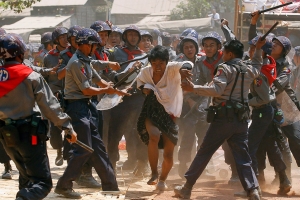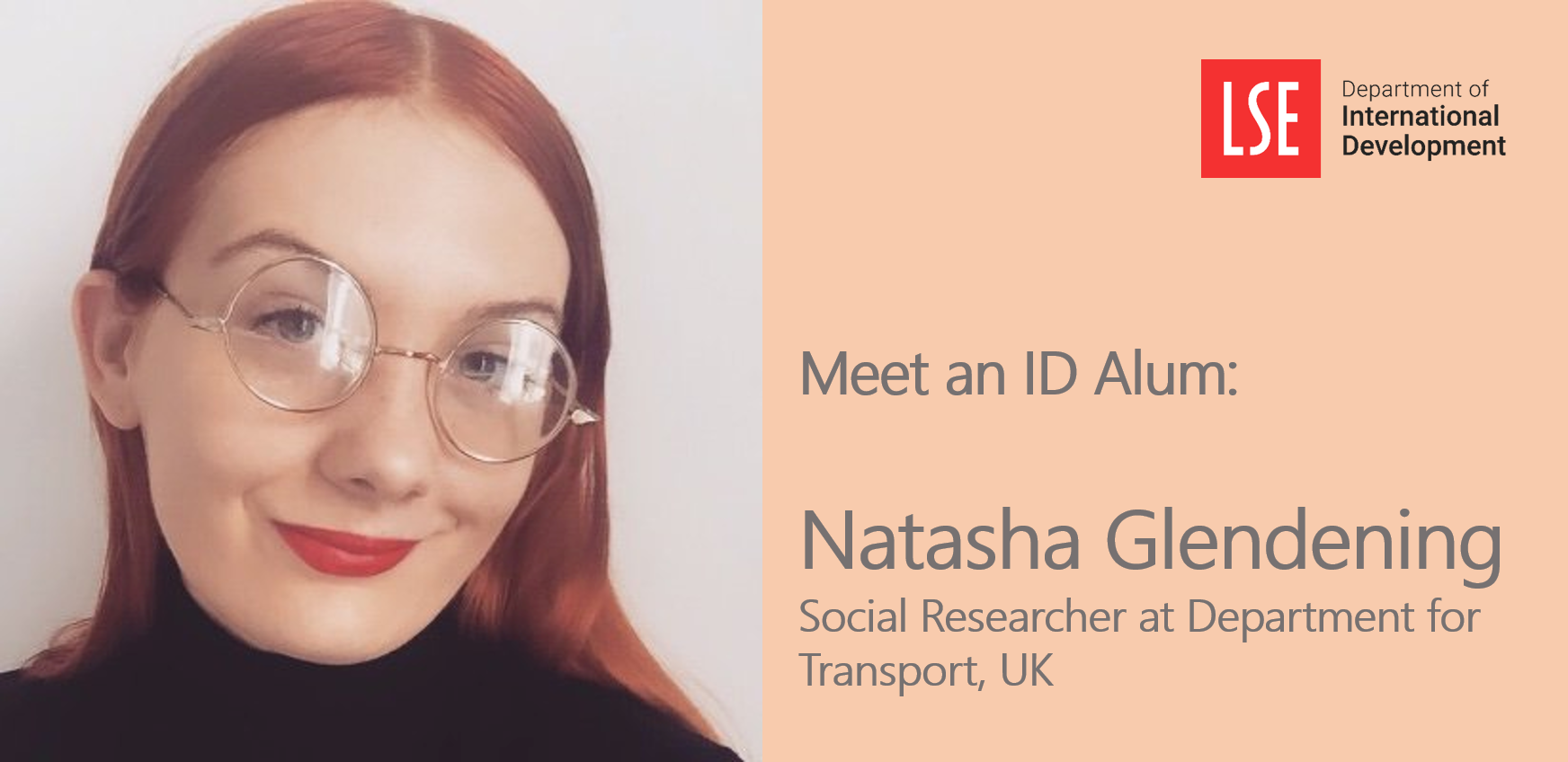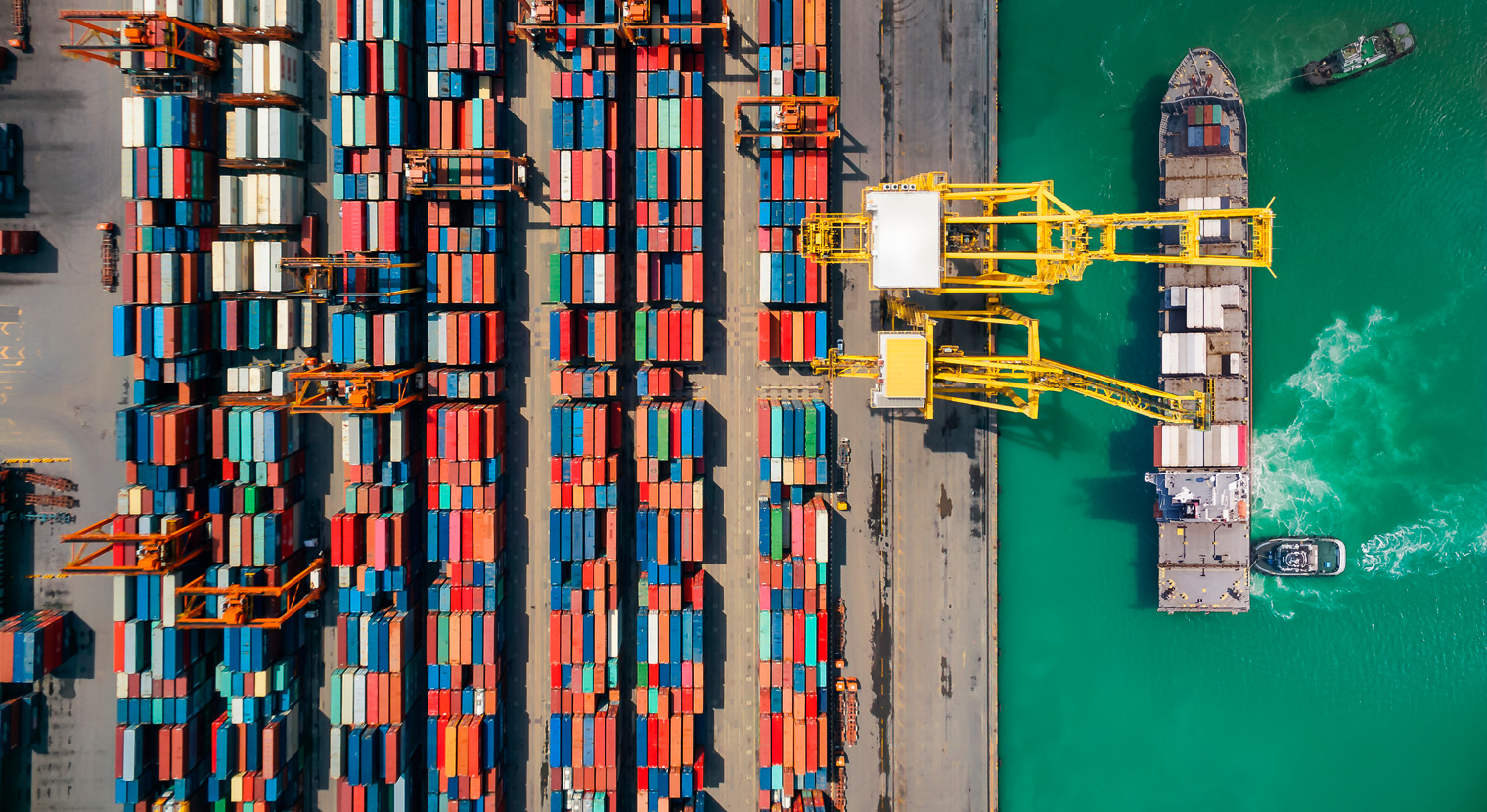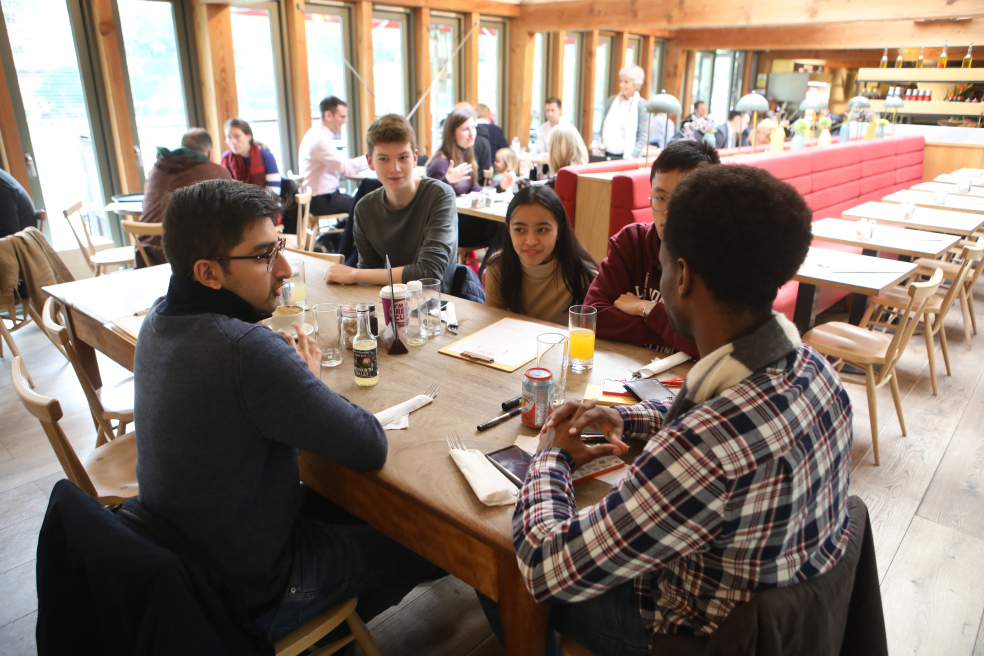Recent MSc. Development Management graduate, Khine Lynn Thu, analyses the success of good governance programmes implemented in recent years by international development organisations in Myanmar.
This blog post is based on her prize-winning thesis titled “Is Good Governance a Magic Bullet? Examining Good Governance Programmes in Myanmar”.
Starting from 2011, people of Myanmar and international community were very much excited to witness the series of political reforms spearheaded by the Thein Sein government. International development organisations (IDOs) took this opportunity to expand their scope of work, from merely providing humanitarian assistance to start working on governance reforms. As a country ruled by military junta for almost five decades, political space for CSOs and IDOs alike was almost nonexistent in the past. The data from Myanmar Information Management Unit (MIMU) show that before 2010, there wasn’t any organisations working on good governance programmes (GGPs) in Myanmar. In 2013, however, the number increased to 18 and by 2016, this number jumped to 38.
With the surge in the number of NGOs working on governance issues, the lingering question is over the effectiveness of these programmes. Despite the ongoing reforms in Myanmar, the country is at best a hybrid regime, where political and economic power of military remains strong. For example, the military control three key ministries: Home Affairs, Border Affairs and Defence in Myanmar, and keep 25% of seats in all levels of parliament. This means the military hold veto power over any constitutional change, which is widely recognised as key to moving the reform process forward. By analysing Myanmar’s case, we can see how much the political context of a country can influence the outcomes of GGPs carried out by IDOs.
First of all, political context of Myanmar hampers IDOs from implementing GGPs that can bring sustainable changes. One of the most common critiques of GGPs is that, although IDOs have some leverage over the government and changing formal institutions, i.e. reforming laws and regulations, they cannot reform/transform informal institutions, i.e. changing practices of individuals. This is because IDOs as donor agencies have great influence on the host country’s government to the extent that the latter are dependent on foreign aid. The situation is a complete reversal in Myanmar, however. IDOs have very little influence on government when it comes to initiating legal or policy reform partly because the existing political context makes them bypass the government and carry out direct implementation or choose CSOs as implementing partner.
Even when IDOs engage in policy advocacy, laws can be changed only to the extent when it does not harm the core interests of the military, national security or budgetary allocation. IDOs in Myanmar, therefore, mostly channel their effort into changing the practices of the public such as encouraging people’s participation in decision making of local government. The problem of transforming practices but not the laws or policies is that these changes cannot be institutionalised and uniformly applicable around the country, nor can they be sustained.

Secondly, IDOs can only implement superficial changes if they cannot change the political context of Myanmar. For example, in 2013, European Union implemented bureaucratic efficiency enhancing programmes for Myanmar Police Force (MPF), following their incompetent crowd control during anti-Muslim riot in Meiktila. It is not because they do not know the international norms and standards. Despite ambitious reform agenda and trainings from international experts, in 2015, police force again beat up student protesters, journalists and monks to crack down the peaceful demonstration against the proposed education bill. This raises the question how feasible lower-level reforms carried out by IDOs can be without commitment and buy-in from the top.
The ostensible rationale behind GGPs seems to be that they are designed to reform, or better still, transform institutions in the aid-receiving countries by providing technical solutions to the problems. However, as the example of Myanmar shows, the very political space which allowed IDOs to begin doing GGPs has come from political concessions from the top, therefore, any suggestion that these programmes could affect institutional change in any significant way should be taken with a good dose of scepticism.
Khine Lynn Thu is a recent graduate of the MSc Development Management programme. This blog post is based on her prize-winning MSc. Thesis titled “Is Good Governance a Magic Bullet? Examining Good Governance Programmes in Myanmar”, which examined the factors influencing the outcomes of good governance programmes in Myanmar.
The views expressed in this post are those of the author and in no way reflect those of the International Development LSE blog or the London School of Economics and Political Science.





